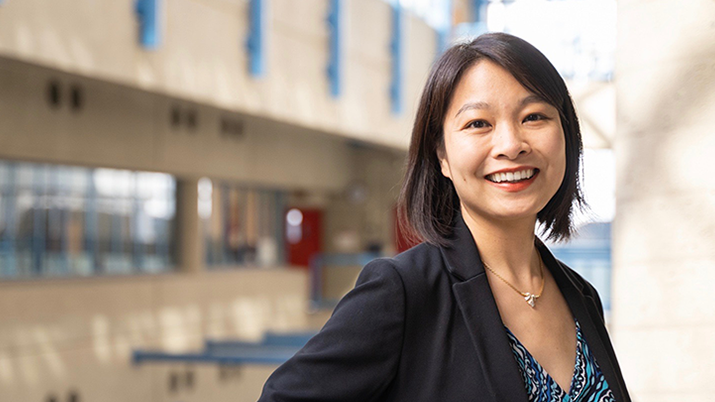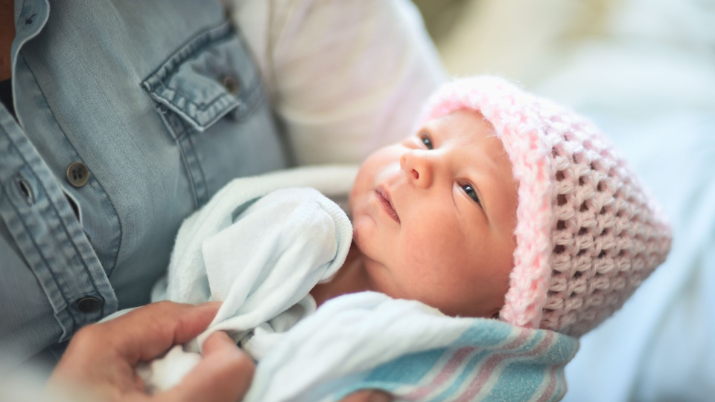

Dr. Rosie Shrout discusses her research and life in Vancouver.
We’re excited to welcome social-health psychologist Dr. Rosie Shrout (she/her) to the UBC Psychology community. Dr. Shrout, an assistant professor in the department of psychology, joins us from Purdue University where she was assistant professor of human development and family science. She studies how couples’ stress affects their relationships and health. Her work focuses on the underlying psychological, behavioural, and biological pathways connecting stress to people’s own and their partners’ relational and physical health across adulthood and later life.
In a Q&A, Dr. Shrout shares her current research, new research she’s excited about, and how she’s enjoying life in Vancouver (alongside her two very food-motivated cats).
Can you tell us about yourself?
I’m from Rochester, New York and have lived all over the U.S.—Maryland, Nevada, Ohio, and Indiana. I’ve loved the beach and water since childhood and then found my love for the mountains, skiing, and camping while living in Reno and exploring the Sierra Nevadas. It feels like a dream to now live in such a beautiful city with access to it all!
What kinds of questions do you try to answer through your research?
My research examines how couples manage common yet challenging stressors—conflict, chronic illness, and cancer—in ways that influence each partner’s long-term health. I’m particularly interested in identifying the underlying psychological, behavioural, and biological pathways that foster each partner’s health and longevity or fuel their disease risk and early mortality. My goal is to identify factors that put couples’ relationships and health at risk and to inform interventions on how couples can grow closer and stronger during turbulent times.
“I’m particularly interested in identifying the underlying psychological, behavioural, and biological pathways that foster each partner’s health and longevity or fuel their disease risk and early mortality.”
Can you tell us about any new research that you are particularly excited about?
My lab has been collecting data for a longitudinal study on couples in breast cancer survivorship that I’m excited to continue here and start to analyze. We’re investigating how partners influence each other’s emotional, physiological, and inflammatory reactivity to daily stress and cancer-related discussions. I’m particularly interested in looking at how relationship behaviours escalate or reduce each person’s stress reactivity and long-term health. Though my primary interests are couples’ coping and illness management, my lab studies many intersections of social relationships and health. There are two smaller projects we just wrapped up that I’m excited to dig into. The first is comparing the health and healthcare experiences of women living in the US and Canada. The second is looking at health and well-being in the months after a partner’s recent or suspected infidelity.
What do you like to do in your free time?
Be near the water and mountains, spend time with family and friends, and eat good food—even better when I get to do all those things together. Since moving here, I’ve really enjoyed going on runs in the forest. I also love lounging around with my cats, Peach and Mango, but our travels here tell me that they really wouldn’t like the water, mountains, or most people. They do love all food, though.
Join us in welcoming Dr. Shrout!


